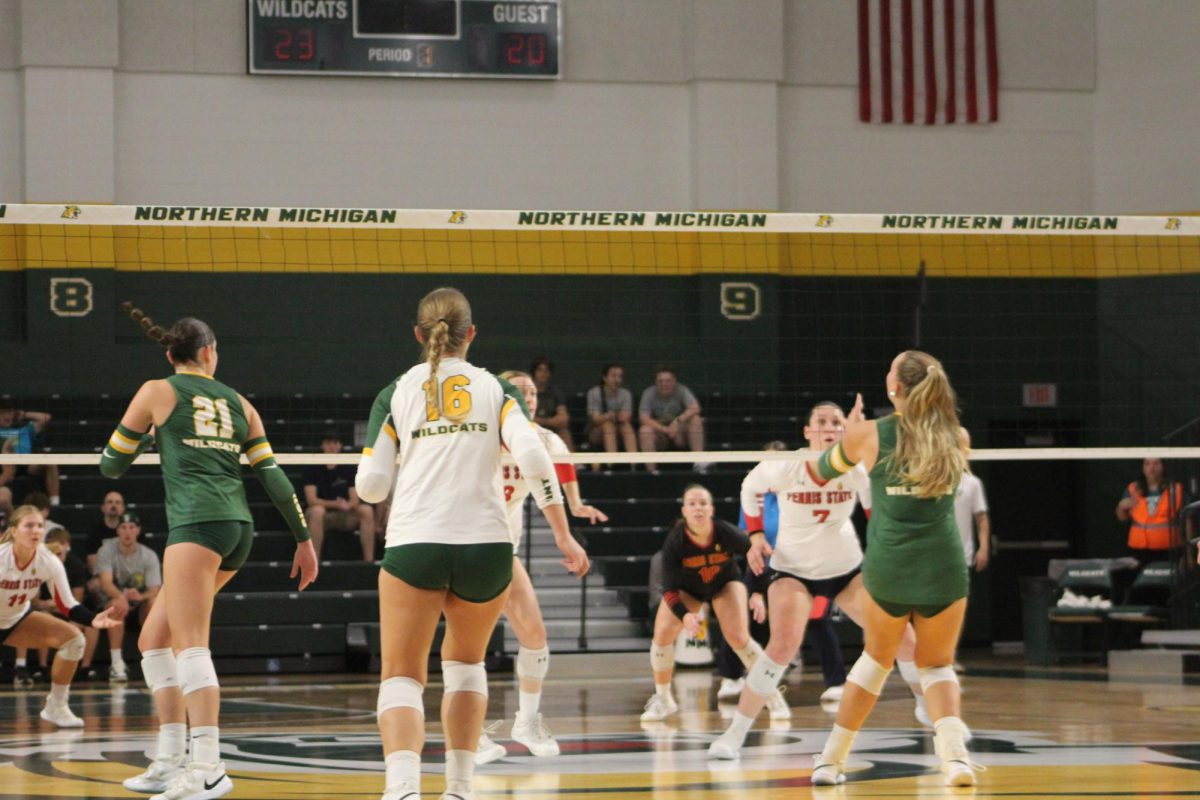For the second time in eight years and third time in 18 years the NHL is in a lockout after the players and owners failed to agree on a Collective Bargaining Agreement.
The lockout became effective at 12:01 a.m. Sunday, Sept. 16 as the 2005 ratification of the Collective Bargaining Agreement expired.
During the 2004-05 season the NHL became the only major American sport to miss an entire season due to a lockout.
When both sides came to an agreement a salary cap was introduced and players salaries were cut back by 24 percent and no player could earn more than 20 percent of his team’s cap.
NHL Commissioner Gary Bettman has proposed on behalf of the owners that the player’s share of Hockey Related Revenue (HRR) be cut from 57 percent to 46 percent according to a Sports Illustrated article.
If this proposal goes through players would see a salary reduction of between 20 to22 percent.
The HHR includes everything from tickets sold, to rink board advertising, to on-air television broadcasts and novelty items sold outside of the arena.
In a broad sense it is most of the money that the league brings in.
When the salary cap was set in 2005 players were guaranteed 54 percent of the HRR.
As the revenue rises players receive a higher percentage of the HRR and the salary cap is set higher.
For example, the league salary cap was set at $64.3 million for the 2011-12 season and was set at approximately $70.2 million for the 2012-13 season, due to increase in HRR from the 2011-12 season.
The owners want to change the way HRR is calculated. In simple terms this would reduce the salary ceiling and ultimately the amount players can be paid.
Head of the National Hockey League Players Association, Donald Fehr said the players and himself hope to keep HRR defined the same.
According to the league over half of the teams lost money last year, despite the NHL having record revenue earnings of $3.3 billion.
The effects of the lockout have already started as it was announced on Wednesday, Sept. 19 that all preseason games through Sept. 30 have been cancelled.
Some players have already signed overseas deals such as last year’s MVP Evgeni Malkin and two-time MVP Alex Ovechkin.
Both Malkin and Overchkin are playing in the KHL, which is considered to be the top hockey league in Europe.























